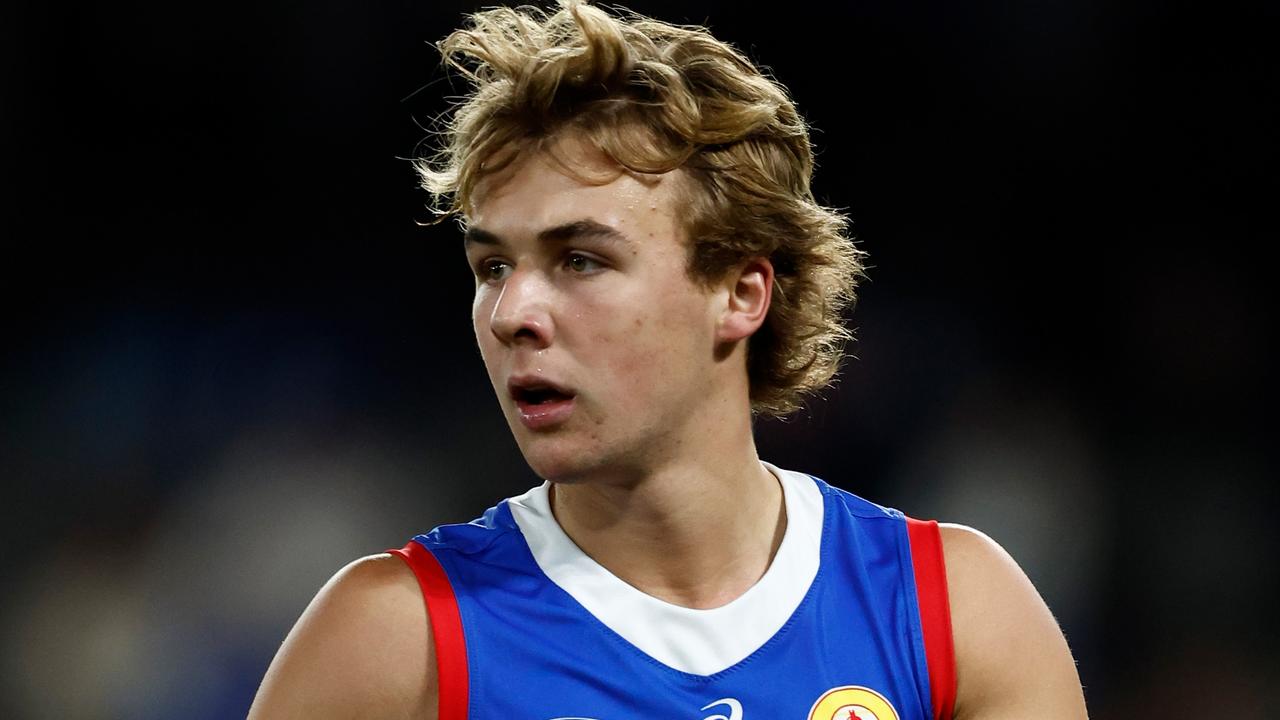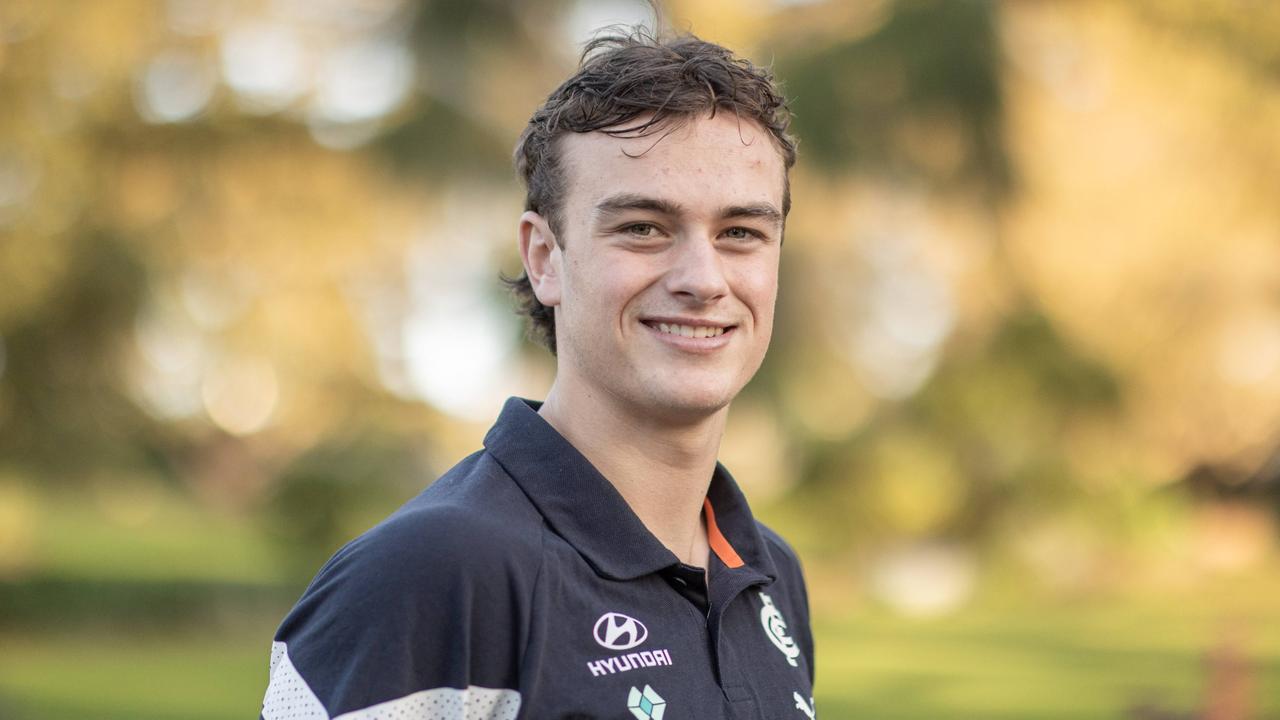NFL, NBA, MLB drug policies cast shadow over AFL drug policy
The AFL is undermining its illicit drug policy with secret tests to spare players from penalties, according to the former boss of the NBA’s anti-drug program.
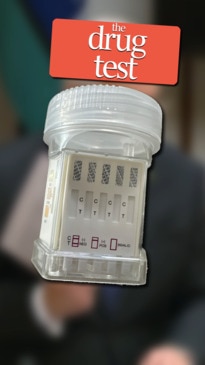
AFL News
Don't miss out on the headlines from AFL News. Followed categories will be added to My News.
Exclusive: America’s top sporting leagues have transparent drug treatment programs and sanctions for athletes who keep using illicit substances, with a leading US anti-drug tsar warning the AFL is undermining its own rules with off-the-books testing to spare players from penalties.
Dr Stephen Taylor – the medical director of the National Basketball Association’s scheme for 16 seasons until last year – urged the AFL to overhaul its three-strike sanctions policy, saying the revelations about its secretive testing regime showed there was “a real problem”.
Unlike the AFL, the National Football League, Major League Baseball and the NBA are not signed up to the World Anti-Doping Agency’s code, which includes hefty penalties for players who test positive to some recreational drugs during competition.
America’s three most popular leagues have instead taken full control of tackling illicit drug use among players, with testing requirements spelled out in publicly available policies and any efforts to conduct secret screening banned under federal laws.
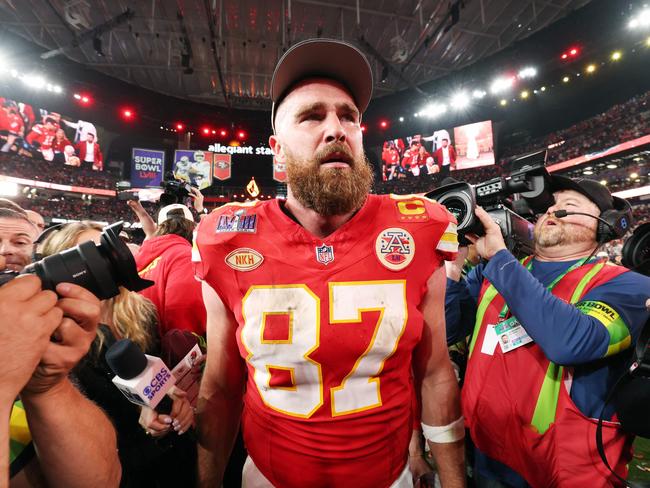
While the NBA has a far more punitive approach than the NFL and the MLB, with players suspended for a year if they test positive to drugs of abuse, each league offers a treatment process that features penalties for players who refuse help and keep using illicit substances.
Last month, it was revealed that the AFL was facilitating off-the-books tests so players could be pulled from games – sometimes with the cover of a made-up injury – to avoid positive match-day tests and hefty penalties.
According to club officials, about 100 players had been granted secret immunity from the AFL’s three-strike sanctions policy, which operates alongside the WADA code.
Dr Taylor, who is also the president-elect of the American Society of Addiction Medicine, said the strike system was “a tried and true approach”, but that it often led to efforts to “avoid having a player get a second strike even if that player really deserved that second strike”.
“Trying to protect players from having adverse consequences that can hurt their careers … can result, not intentionally, in preventing players from getting the wake-up call or the more focused help that they might need that would come from the second strike,” he said.
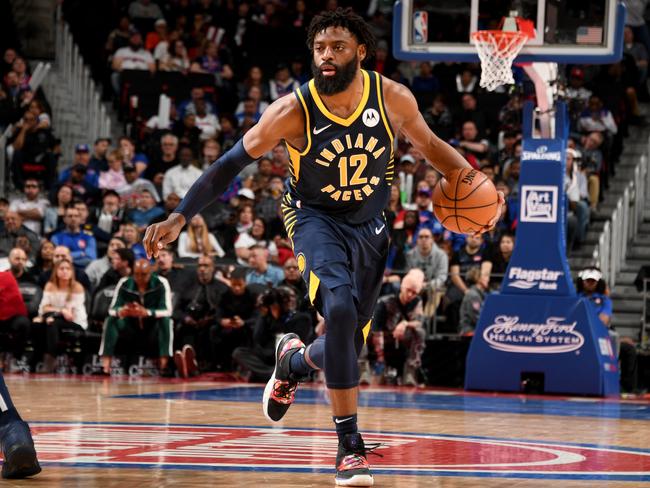
He said he could understand why secret testing was used by the AFL to prevent players being punished for drug use, but that the revelations indicated the league needed to update its rules to properly reflect its aims.
“If you’ve going to have a system in place, you shouldn’t have procedures going on to undermine that system,” Dr Taylor said.
“The fact that so many people feel the need to do things that undermine that system tells you that there’s a problem with having that system.”
“The fact that doctors are trying to tell guys to fake an injury or whatever so they don’t have to get a strike – well, that means the people operating in that system have a real problem with that system of strikes, and maybe that system of strikes needs to be looked at and re-evaluated and maybe updated in its approach.”
The AFL has committed to reviewing its illicit drugs policy this year.
Dr Taylor also suggested the AFL should encourage WADA to revise its strict match day rules on recreational drugs if it wanted to treat them as a “clinical issue”, especially given the difference between such substances and performance-enhancing drugs used for “cheating”.
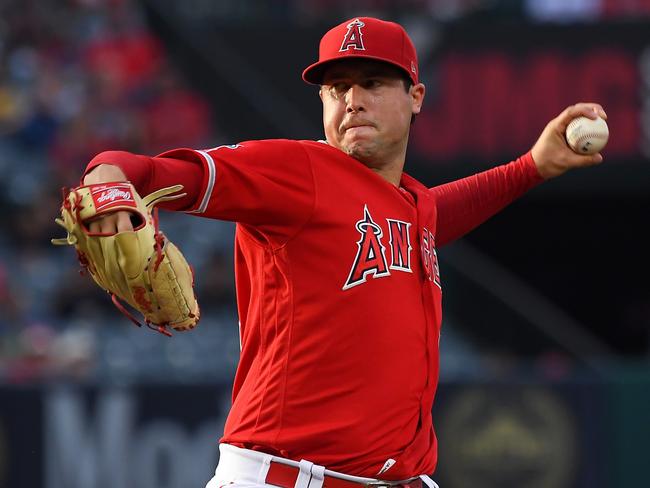
Dr Taylor was unable to speak about the NBA’s policy. In 2019, it saw former Rookie of the Year Tyreke Evans banned for two years, a punishment that ended his league career.
MLB and the NBA have recently moved to soften their rules on marijuana, although it remains banned in the NFL.
Three-time Super Bowl champion Travis Kelce told Vanity Fair last year that between 50 per cent and 80 per cent of the league’s players used cannabis, as those without a history of drug use knew they would only be tested once during the pre-season.
“If you just stop in the middle of July, you’re fine,” he said.
Kelce was suspended from college football for a year after testing positive to marijuana.
MLB decided to stop testing for marijuana in 2019, with the league instead enforcing mandatory testing for opioids and cocaine. The overhaul of its drug policy was sparked by the sudden death of Tyler Skaggs, a pitcher for the Los Angeles Angels.
An autopsy uncovered fentanyl – which is 50 times stronger than heroin – as well as oxycodone and alcohol in his system. It also emerged that his teammates had been giving him opioids to deal with a series of painful injuries.
THE RECREATIONAL DRUG POLICIES OF US SPORTING LEAGUES
National Football League
– Players are tested once during the pre-season for substances including cocaine, marijuana, amphetamines and opioids
– Players can also be tested when their team has a reasonable basis to believe they are using drugs
– If a player tests positive, they are placed in the league’s intervention program, which they can also enter voluntarily or be compelled to join because of their behaviour
– In stage one of the program, testing is conducted as often as is required to evaluate a player, and they are fined and moved to stage two if they fail to co-operate with the program
– In stage two, players are tested up to 10 times per month, with positive results resulting in sanctions starting at half a week’s salary for a first offence, and three weeks’ salary for a fourth and all subsequent offences
National Basketball Association
– Players are subjected to four unannounced tests during the season and two during the off-season for substances including cocaine, amphetamines and opioids, but not marijuana
– Players can also be tested up to four times in six weeks if an independent expert has reasonable cause to believe they are using drugs
– A player who tests positive is banned from the league for one year
– Players who voluntarily enter the league’s drug treatment program are not penalised and continue to be tested at the direction of the medical director
– If a player in the first stage of the treatment program fails a test, they are moved to the second stage of the program and suspended at the discretion of the medical director
– If a player in the second stage of the treatment program fails a test, they are dismissed and disqualified from the league for at least one year
Major League Baseball
– Players are tested from spring training to the end of the season for substances including cocaine, amphetamines and opioids, but not marijuana
– Players can also be tested if there is a reasonable cause to believe they are using drugs
– A player who tests positive is not immediately sanctioned but is referred to the treatment board for initial evaluation and to determine if they enter the treatment program, which includes further testing
– If a player does not to comply with their treatment program, including by failing more tests, they have to convince the treatment board they remained committed to the program
– If they are unable to do so, they face an escalating series of sanctions, with a suspension of up to 25 games for their first offence and a one-year ban for their fourth offence




